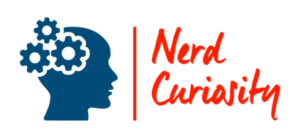Embarking on a career journey in the tech industry presents a wealth of roles, each with its unique set of skills, challenges, and rewards. Among these roles, product managers and developers stand out as key players in the lifecycle of software products. As a product manager, your days are filled with strategy, roadmapping, and cross-functional team leadership to bring a product vision to life. On the flip side, as a developer, you dive into code, creating the building blocks that form the very essence of technology.
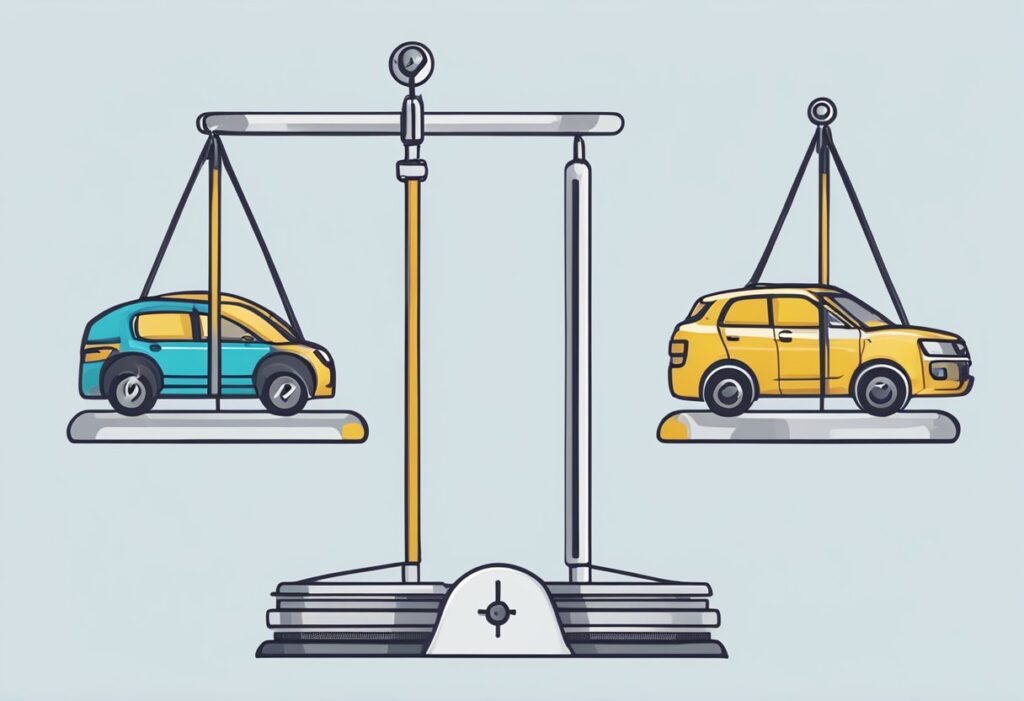
Product managers often earn higher salaries than developers, a reflection of their pivotal role in aligning business objectives with technical solutions. While the specifics can vary based on factors like location and experience, this trend is noticeable across the board.
As you continue reading, you’ll discover more nuanced insights into the earning potential of each position. You’ll learn about factors that influence the salary scales of product managers and developers, regional salary variations, and career paths that can affect earning potential in both roles. Expect to come away with a clear, comprehensive overview of how compensation stacks up for these integral contributors to the tech world.
Comparing Product Manager and Developer Salaries
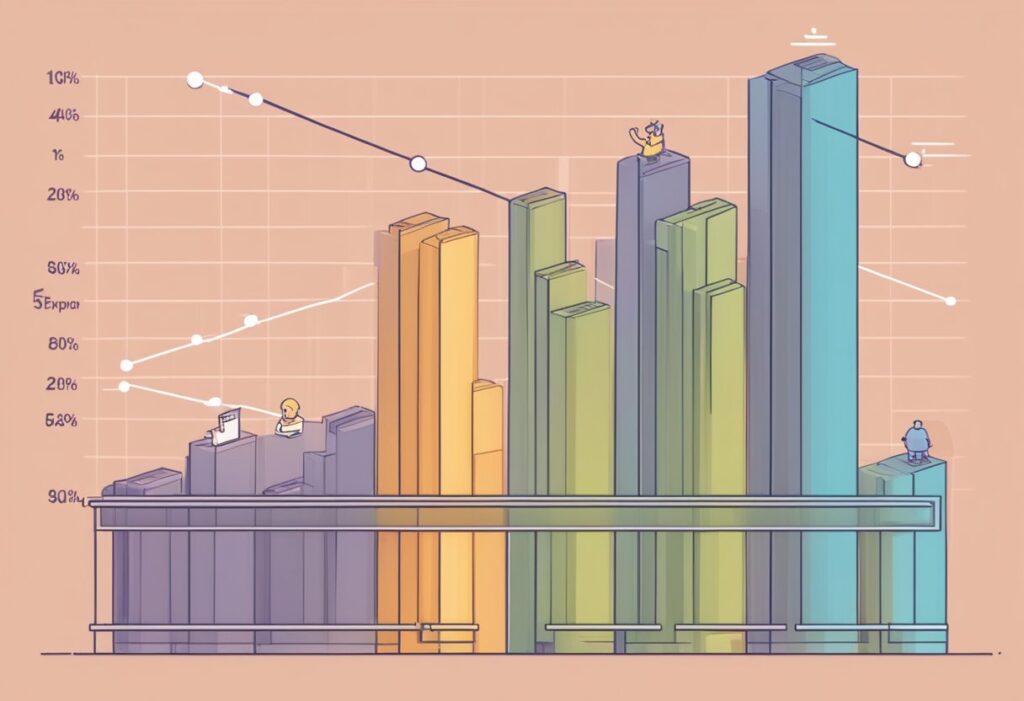
In your career journey, you may have wondered about the earning potential when comparing roles like product managers and developers. Let’s break down the components affecting pay and see how the salaries stack up.
Factors Affecting Salaries
Your salary can widely vary depending on elements like experience level, location, and company size. A product manager in a large tech firm, for example, may have a higher salary cap compared to a developer in a startup. Additionally, niche skills or expertise in high-demand areas can lead to salary spikes for either role.
Average Salary Statistics
Product managers typically have salaries that reflect their role in strategic decision making and overall responsibility for the success of a product. For comparison, developers may have salaries that mirror their technical skillset and contribution to building the product. According to Glassdoor, the average product manager salary hovers around $113,000 per year, while developers earn somewhat less, with an average at $105,000 per year.
Salary Variation by Region
Salaries can also fluctuate based on your geographical location. In cities like San Francisco and New York, both product managers and developers may earn above the national average due to higher costs of living. Conversely, places like Atlanta and Denver might offer salaries closer to or slightly above the national average. For instance, Indeed reports that a product manager in Los Angeles typically earns around $118,652 annually, contrasting with Seattle where the average might be lower.
Career Paths and Seniority Levels

In the tech industry, your career progression can significantly impact your earnings. Differences in roles like product manager versus developer each have unique trajectories and seniority levels that affect salary potential.
Product Management Career Progression
The journey in product management might start with an Associate Product Manager (APM), who focuses on learning the ropes of product development and strategy. As you gain expertise, you could rise to a Product Manager role, where strategic decision-making and cross-functional leadership become key responsibilities. For those who excel, the next step could be a Senior Product Manager, overseeing larger product initiatives. In some companies, the path can extend to specialized roles like a Technical Product Manager or a Product Owner, with the latter being akin to a mini-CEO for a product. Climbing the ladder might eventually lead you to a Chief Product Officer role, where you’d be responsible for the success of the entire product line.
Developer Career Progression
Starting typically as a Software Engineer, your development journey encourages you to hone technical skills. With time and experience, you might move to a senior-level developer position, taking on more intricate projects. Seniority in this track often leads to roles such as Lead Developer or Engineering Manager, where you’ll merge coding expertise with leadership duties. For those with a passion for both production and management, transitioning into a Technical Product Manager position is possible, where you’ll bridge the gap between technical teams and business goals.
Impact of Seniority on Earnings
As you climb the career ladder, your seniority and job title significantly influence your compensation. It’s common for a Senior Product Manager to outearn a mid-level developer, but at the very top, a Chief Product Officer might have comparable or higher earnings than senior development roles. Remember, as a Senior Product Manager, your influence on product success can lead to not just higher base pay but also lucrative bonuses tied to product performance.
Role Scope and Job Responsibilities

Navigating through the dynamic landscape of job functions, you’ll find that the responsibilities of Product Managers and Developers significantly differ, reflecting on their respective earnings. Their tasks align with unique demands, focusing on either strategy and leadership or technical execution.
Product Manager Responsibilities
Your role as a Product Manager encompasses a broad range of strategic tasks. Primarily, you’re expected to define the product vision and strategy. You engage in product management activities like crafting a roadmap, navigating through market requirements, and coordinating the efforts of various team members to ensure the product aligns with customer needs and business goals. Product Managers also spend substantial time on leadership activities, leading the team to drive the product’s success.
- Strategy & Vision: Articulate and refine the product’s intended direction.
- Roadmap Creation: Plan and prioritize what and when to execute.
- Team Coordination: Facilitate collaboration and decision-making across functions.
Developer Responsibilities
Contrastingly, as a Developer, your responsibilities are deeply rooted in the technical terrain of software engineering. You’re tasked with the design and development of software products, translating requirements into functioning code. You spend most of your time in the codebase, tackling complex engineering challenges, and applying your deep technical expertise to craft scalable, efficient applications.
- Technical Execution: Implement and refine product features.
- Engineering Problem-Solving: Resolve technical issues and optimize performance.
- Collaborative Development: Work closely with other enthusiasts in the engineering team.
Leadership and Strategic Roles
Product Managers often earn more as they take on leadership and strategic roles integral to a product’s success. They need a grasp on project management, understanding what the team requires, to actualize a envisioned product strategy. While Developers are essential for their technical acumen in software engineering, it’s the Product Managers steering the ship, with a salary reflecting the responsibility of aligning the product with business and customer landscapes.
- Strategic Decision-Making: Guide the product to align with market trends.
- Leadership Influence: Motivate and lead teams to meet strategic objectives.
- Product Lifecycle Management: Oversee the product’s growth from conception to launch.
Skills and Experience Requirements

In this section, you’ll find a detailed look at what it takes to excel as a product manager or a developer. The specialized skills and depth of experience required are key factors in determining earning potential in these roles.
Product Manager Skills and Expertise
As a product manager, you are expected to have a multifaceted skill set that balances technical knowledge with strategic business acumen. You should be adept in ideation and market research, which are crucial for successful product development. Effective product managers also possess strong communication skills, as they often bridge the gap between various departments, including marketing, design, and engineering teams.
- Communication: Essential for stakeholder engagement and team leadership.
- Market Research: Enables you to understand user needs and market gaps.
- Product Management Tools: Proficiency with tools for roadmapping and analytics.
- Business Case Formulation: Crafting compelling cases for new product ideas.
- AI and Technology: An understanding of current tech trends can give you an edge.
Experience in product management can vary widely, but achieving success in this role typically requires a thorough understanding of the technology behind your product. An MBA or equivalent business qualification, although not always necessary, can enhance your credentials, particularly in understanding and applying best practices. In 2024, it’s also essential to have an appreciation of how AI is shaping product development, as highlighted by CareerFoundry.
Developer Technical Skills
The core of a developer’s value lies in their rich technical expertise and the ability to implement solutions effectively. Your mastery of programming languages and development frameworks is the cornerstone of your professional identity. Developers are also expected to keep pace with the latest technologies, continually refining skills through practice and research.
- Implementation: Translating technical specifications into functional software.
- Programming Languages: Profound knowledge in relevant coding languages.
- AI and Machine Learning: Engage with evolving technologies to stay competitive.
In terms of experience, it’s not just about the number of years you’ve been coding; the complexity and relevance of the projects you’ve worked on are equally significant. An understanding of AI and machine learning can significantly uplift your profile, as organizations are increasingly harnessing these technologies. Builtin.com provides insight into how these skills translate into different development roles and expectations.
Market Demands and Job Opportunities
You’re navigating a landscape where the balance between supply and demand shapes your career trajectory. Whether you’re a seasoned product manager or a developer at the start of your journey, understanding the job market’s ebbs and flows is crucial.
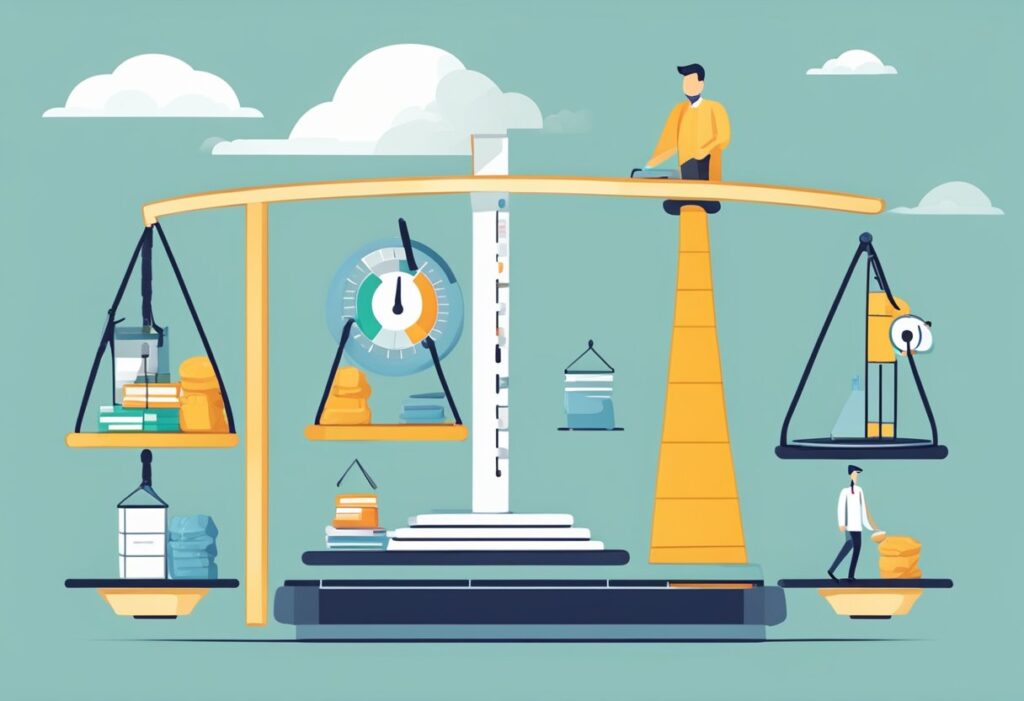
Industry Demand for Roles
Demand for tech jobs is surging, but the growth isn’t uniform across roles. You’ll find tech companies voraciously vying for product managers. These roles have evolved beyond mere project oversight—today’s product manager is often seen as a mini-CEO for their product line, integral to strategic direction. Moreover, the multifaceted nature of their job descriptions includes market analysis, which is why they’re in high demand.
Job Market Analysis
Hiring trends indicate a competitive edge for product managers, primarily due to their expansive skill set that covers both technical and business acumen. Comparatively, developers usually specialize in the technical aspect of product creation. Nonetheless, the job market still favors developers and engineers, given the persistent growth in tech. However, the flux within tech companies suggests that product managers with a strong grasp of market demands may command higher salaries, paralleled by their capacity to influence market strategies and company growth.
Effect of Education and Professional Background

Your path in product management or development can significantly hinge on your educational and professional experiences. Let’s dive into how these pivotal factors play a role in your career and earning potential.
Educational Background Influence
A solid educational foundation in business or economics gives you a competitive edge in the world of product management. For instance, an MBA can open doors to higher positions within the company, potentially leading to an increase in earnings compared to developers. Furthermore, specialized courses tailored to product management provide you with the practical and theoretical knowledge to excel and secure those coveted roles that command higher salaries.
Cross-Functional Expertise and Success
Your ability to work cross-functionally with various teams, such as marketing, sales, or engineering, can be a lynchpin in your success as a product manager. The blending of experience and diverse knowledge from different systems supports your ascent within a company. It’s this cross-functional expertise that not only enhances product success but often translates into a financial premium for product managers who effectively align and navigate the complexity of these disciplines.
Conclusion
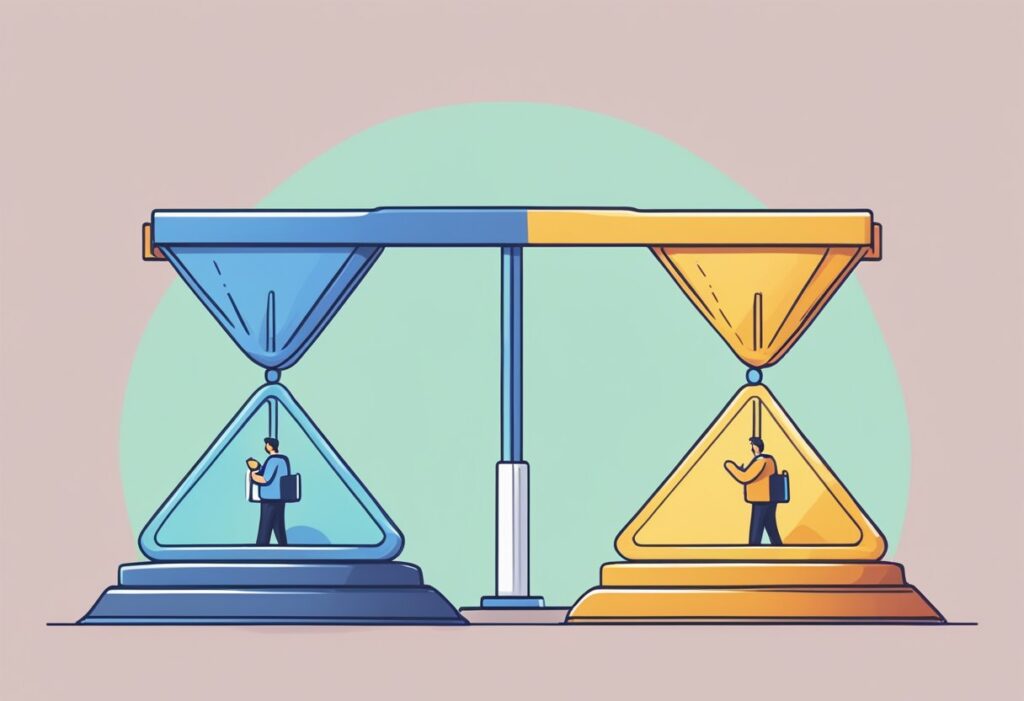
The debate around the earning potential of product managers (PMs) versus developers is a lively one. To guide you through, here’s a distilled view. On one hand, developers are the architects of the digital world. They translate ingenious ideas into concrete reality. Your ability to code can unlock a prosperous career path, often with a salary to match.
On the other side, as a PM, you steer the product’s journey from conception all the way to launch. Your role calls for a blend of strategic vision and operational prowess, which can command higher salaries in certain situations. For instance, a VP of Product can earn significantly more than a director, with figures in the range of $331,301 a year, sometimes supplemented by substantial bonuses.
But remember, many factors influence these figures. We’re talking about factors such as company size, location, experience, and additional skills. Salaries in tech are not one-size-fits-all, and advancements can change the game. Moreover, many PMs hail from a development background, with their coding expertise acting as a springboard to advanced managerial responsibilities.
The earnings of product managers sometimes surpass those of developers at various percentile levels. Stats show PMs earning more by about $15,000 across different percentiles. When you consider the responsibilities, education, and experience, it’s clear that your career choices can lead to different financial outcomes.
Ultimately, following your passion often translates into your best work, potentially leading to greater wealth in the long term. Whether it’s through developing innovative software or guiding tech products to market, your success hinges on aptitude, dedication, and perhaps a touch of luck.
